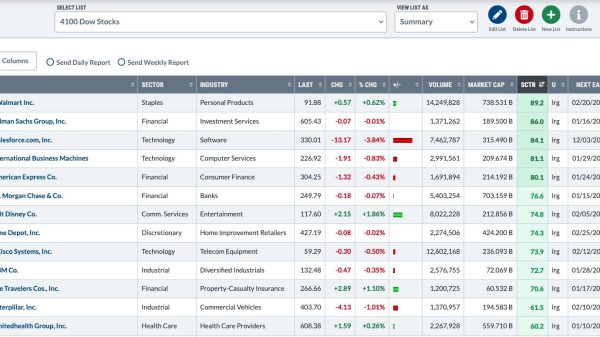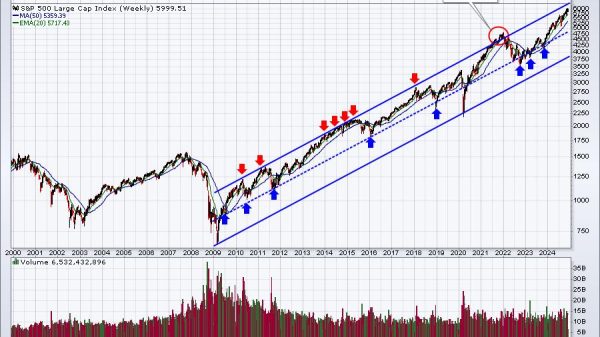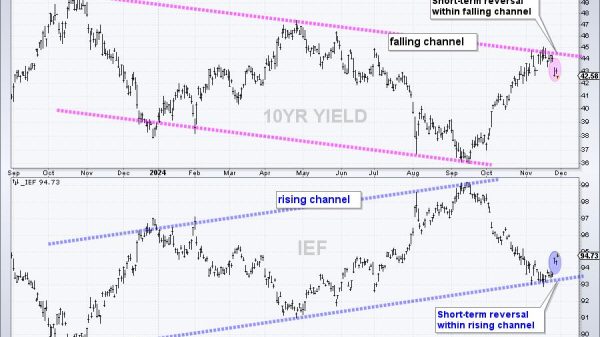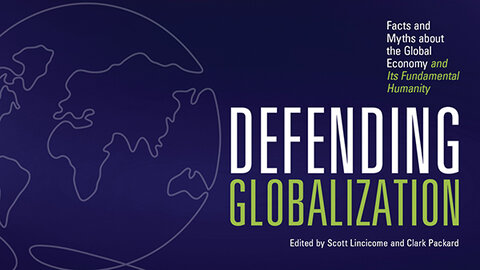Profiteering has played a significant role in boosting inflation during 2022, according to a report that calls for a global corporation tax to curb excess profits.
Analysis of the financial accounts of many of the UK’s biggest businesses found that profits far outpaced increases in costs, helping to push up inflation last year to levels not seen since the early 1980s.
The report from the IPPR and Common Wealth thinktanks found that business profits rose by 30% among UK-listed firms, driven by just 11% of firms that made super-profits based on their ability to push through stellar price increases – often dubbed greedflation.
Excessive profits were even larger in the US, where many important sections of the economy are dominated by a few powerful companies.
This surge in profits happened as wage increases largely failed to keep pace with inflation, and workers suffered their largest fall in disposable incomes since the second world war.
Researchers said the energy companies ExxonMobil and Shell, mining firms Glencore and Rio Tinto, and food and commodities businesses Kraft Heinz, Archer-Daniels-Midland and Bunge all saw their profits far outpace inflation in the aftermath of Russia’s invasion of Ukraine.
“Because energy and food prices feed so significantly into costs across all sectors of the wider economy, this exacerbated the initial price shock – contributing to inflation peaking higher and lasting longer than had there been less market power,” the report said.
After the analysis of 1,350 companies listed on the stock markets in the UK, US, Germany, Brazil and South Africa, the report said firms in the technology sector, telecommunications and the banking industry also pushed through significant price increases that raised their profit margins.
“Such companies have been able to protect their profit margins or even increase them, generating excess profits through a combination of high market power and global market dynamics,” the report added.
Carsten Jung, head of economics at the IPPR, said the work of Isabella Weber, an economist at the University of Massachusetts, showed how “systemic sectors” can have an outsized impact on inflation across the wider economy.
The report echoes research by the Unite union, which last year revealed how the biggest price increases affecting the UK consumer prices index (CPI) were driven by firms that either maintained or improved their profit margins.
Among the companies that increased their profits most from the pre-pandemic average were:
ExxonMobil: profits of £15bn increased to £53bn
Shell: £16bn up to £44bn
Glencore: £1.9 bn up to £14.8bn
Archer-Daniels-Midland: £1.4bn up to £3.16bn
Kraft Heinz: £265m up to £1.8bn
Four food companies – the listed suppliers Archer-Daniels-Midland and Bunge, plus the privately owned Cargill and Dreyfus – control an estimated 70%–90% of the world grain market.
“This has caused significant harm to the economy as a whole,” the report said. “Global GDP could be 8% higher than it is now had market power not risen. Labour income is likely significantly lower, and economic dynamism is weaker – with poorer choice, worse product quality and fewer economic opportunities – than in a counterfactual world where big corporations were less dominant,” it added.
Some members of the US central bank, the Federal Reserve, have acknowledged that prices rises have risen to boost profits.
Last year, Isabel Schnabel, a member of the executive board of the European Central Bank, said that “on average, profits have recently been a key contributor to total domestic inflation, above their historical contribution”.
Jung and the Common Wealth economist Chris Hayes said a tax on the estimated $4tn of excess global profits was needed alongside moves to break up monopolistic practices that allowed
Read more:
Corporate profiteering ‘significantly’ boosted global prices, study shows
























